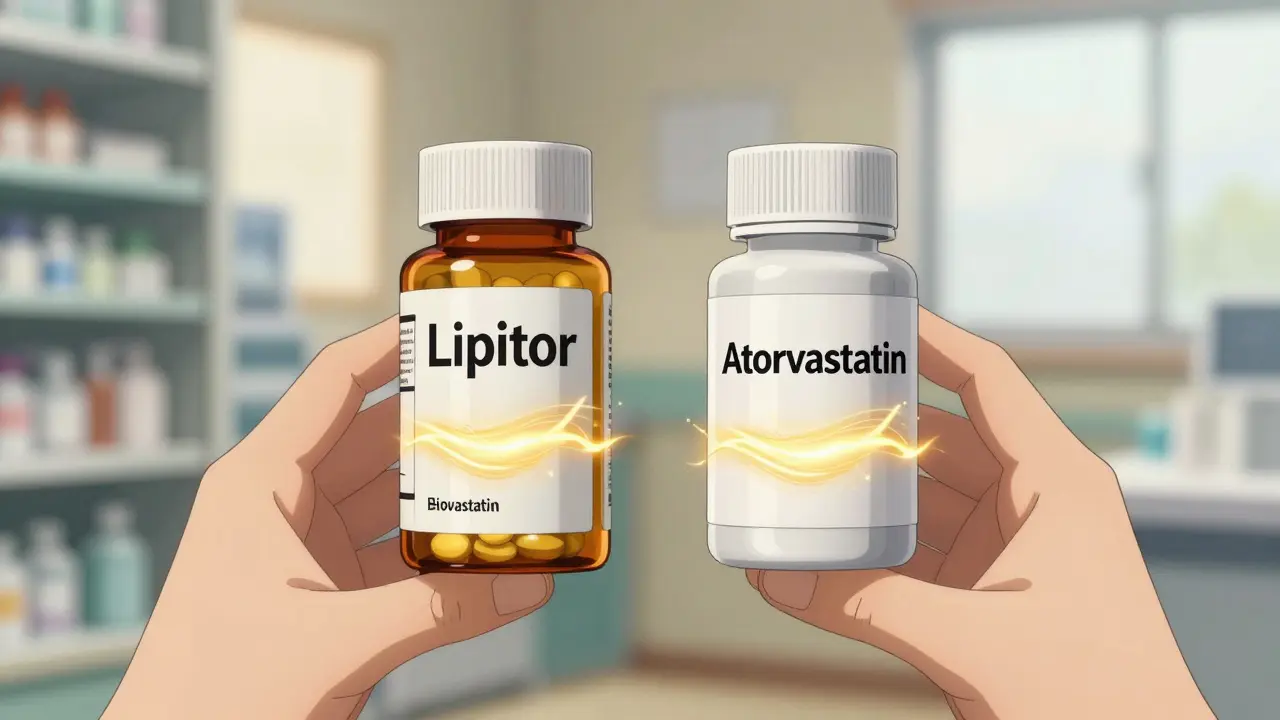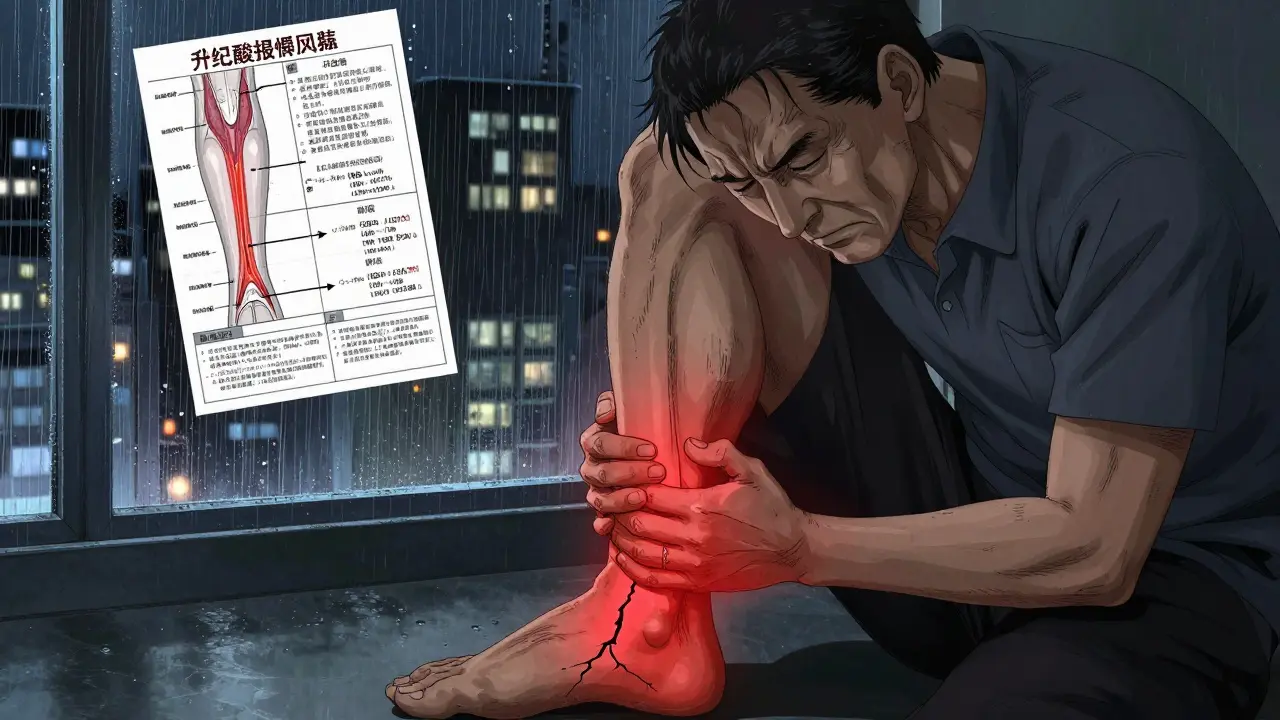DMD Awareness – What You Need to Know About Duchenne Muscular Dystrophy
Ever wonder why some kids seem to tire out quickly or have trouble climbing stairs? Those could be early clues of Duchenne muscular dystrophy (DMD). It’s a rare condition, but catching it early makes a huge difference. In this guide we’ll walk through the main signs, how doctors confirm the diagnosis, and where to find help.
Key Signs to Watch For
First off, DMD shows up in boys, usually before school age. Look for these red flags:
- Delayed walking – many kids start strolling after 18 months.
- Frequent falls or trouble getting up from the floor.
- Weakness in the hips and thighs, making running or jumping hard.
- Waddling gait or a “toe‑walking” pattern.
- Enlarged calves – a classic sign as the muscle tissue changes.
If you notice several of these, talk to a pediatrician right away. Early conversation can set up the right tests before the condition progresses.
How Doctors Diagnose DMD
The diagnostic path typically starts with a physical exam and a look at the family’s medical history. From there, doctors may order:
- Creatine kinase (CK) blood test: Levels can be 10‑20 times higher than normal.
- Genetic testing: Confirms mutations in the dystrophin gene, the root cause of DMD.
- Muscle biopsy (rarely needed now): Looks at muscle tissue under a microscope.
Because genetic testing is quick and accurate, it’s now the go‑to method. A confirmed result lets families plan treatment and get access to support services.
Once DMD is diagnosed, the focus shifts to care. Physical therapy, steroids, and newer gene‑based therapies can slow muscle loss and improve quality of life. Keep up with regular check‑ups; the medical team will tweak the plan as the child grows.
Beyond medical care, emotional support matters. Connect with local or online DMD support groups – they offer practical tips, share experiences, and can help families navigate insurance or school accommodations.
Remember, spotting DMD early isn’t about panic; it’s about giving kids the best chance for an active, fulfilling life. If something feels off, trust your gut and ask a doctor to look deeper.
Got questions? Reach out to a specialist or a DMD charity in your area. The right information now can change the whole journey for you and your family.

Duchenne Muscular Dystrophy Explained: Key Facts, Data, and Tips for Advocates
Discover essential facts, statistics, and tips about Duchenne muscular dystrophy to share as an advocate. Gain confidence in communicating DMD insights.




